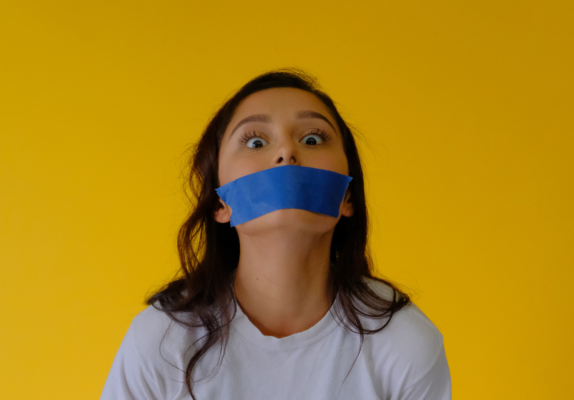The war on free speech continues in Michigan. The legislature is advancing a bill that would make it a felony to “feel terrorized, frightened, or threatened.” My first thought was, no more pandemic fearmongering, then?
The bill, HB 4474, is part of a package of legislation that would replace Michigan’s existing Ethnic Intimidation Act and make it a hate crime to cause someone to “feel terrorized, frightened, or threatened.” Under the bill’s framework, “sexual orientation” and “gender identity or expression” are included as classes protected against intimidation. If passed, the hate speech legislation would make violators guilty of a felony punishable by up to five years in prison and a fine of $10,000.
It is meant to be anti-hate speech legislation.
The newest version of the bill, which passed the House, uses the term “harassment” without defining specifically what it could refer to.
“’ Intimidate’ means a willful course of conduct involving repeated or continuing harassment of another individual that would cause a reasonable individual to feel terrorized, frightened, or threatened, and that actually causes the victim to feel terrorized, frightened, or threatened” the bill states.
These concepts are too arbitrary and could easily be applied to the media, politicians, left-wing activist groups, or even the government.
These sorts of bills have one purpose. To intimidate and harass people who dare to question the government’s actions or motives. Dare I say terrorize and frighten people out of speaking? The very thing the bill pretends to seek to prevent, thus the theoretical paradox. No, it would never quite work that way, but if it were to become law, it would not likely survive long. The first amendment prohibits the making of laws that might abridge the right to free speech.
Borrowed from the Formella v. Hood decision I wrote about yesterday,
The purpose of the overbreadth doctrine is to protect those persons who, although their speech or conduct is constitutionally protected, may well refrain from exercising their rights for fear of criminal sanctions by a statute susceptible of application to protected expression. While the Constitution gives significant protection from overbroad laws that chill speech within the First Amendment’s vast and privileged sphere, the application of the overbreadth doctrine is strong medicine to be employed only as a last resort…. The substantial overbreadth doctrine applies to constitutional challenges of statutes that prohibit conduct, as well as challenges to those statutes prohibiting pure speech and conduct plus speech. If a statute is found to be substantially overbroad, the statute must be invalidated unless the court can supply a limiting construction or partial invalidation that narrows the scope of the statute to constitutionally acceptable applications. If, on the other hand, a statute is not substantially overbroad, then whatever overbreadth may exist should be cured through case-by-case analysis of the fact situations to which its sanctions, assertedly, may not be applied.
I’m not sure this bill would survive to a point where this would be applied, but the world is strange. One where the only thing this legislation is likely to accomplish is a waste of millions of tax dollars defending in court challenges.
